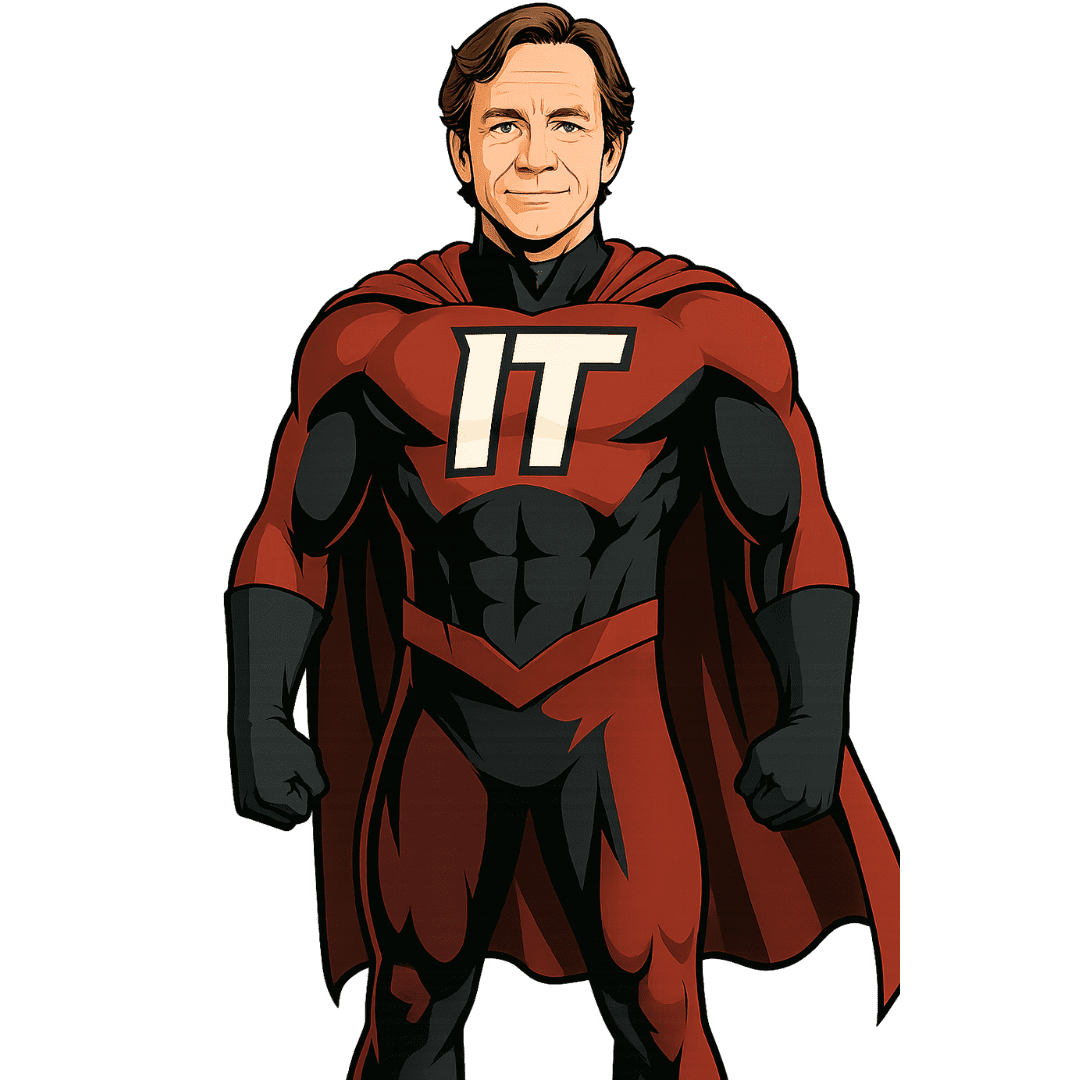In our evolving digital landscape, remote work has become a permanent fixture for many businesses. While this shift has brought numerous benefits, such as increased flexibility and access to a wider talent pool, it has also introduced new cybersecurity challenges. These challenges make it essential for businesses to prioritize cybersecurity for their remote workforces. Ensuring robust cybersecurity measures is not just about protecting data; it’s about safeguarding the entire organization’s integrity, reputation, and operational continuity.

The Unique Cybersecurity Challenges of Remote Work
The traditional office environment provided businesses a controlled setting where cybersecurity measures could be uniformly implemented. With remote work, however, employees operate from diverse and often unsecured environments. Home networks, public Wi-Fi, and personal devices have become the new frontiers of cybersecurity vulnerabilities. These environments often lack the advanced protections in corporate settings, making them prime targets for cybercriminals.
Remote workers are more susceptible to phishing attacks. Without the immediate support of IT teams, employees may fall victim to sophisticated phishing schemes, which can lead to devastating breaches. Also, using personal devices and unsecured networks increases the risk of data leakage, unauthorized access, and malware infections.
Best Practices for Protecting Remote Workforces
To protect remote workforces effectively, businesses must adopt a multi-layered cybersecurity approach. Here are some key strategies:
- Implement Strong Access Controls: Ensuring that only authorized personnel can access sensitive company data is critical. Businesses should adopt strong password policies, multi-factor authentication (MFA), and role-based access controls to minimize the risk of unauthorized access.
- Utilize a Virtual Private Network (VPN): A VPN is essential for securing internet connections and ensuring that data transmitted between remote workers and the company network is encrypted. This reduces the risk of interception by malicious actors.
- Regularly Update Software and Systems: Cybersecurity threats evolve rapidly, and outdated software can be a major vulnerability. Regular updates and patches are essential to protect against known threats and vulnerabilities.
- Provide Comprehensive Employee Training: Cybersecurity is only as strong as its weakest link, often the human element. Regular training on identifying phishing attempts, using secure passwords, and following best practices can significantly reduce the risk of cyber incidents.
- Deploy Endpoint Security Solutions: With remote work, the number of endpoints accessing corporate networks has increased dramatically. Endpoint security solutions help to protect these devices from malware and other threats.
The Role of Kirkham IronTech in Securing Remote Workforces
Kirkham IronTech excels in providing businesses with comprehensive IT solutions, including robust cybersecurity measures tailored to the unique needs of remote workforces. Our award-winning status as a Top 250 Managed Service Provider (MSP) worldwide underscores our commitment to delivering top-tier services. We specialize in a harmonious blend of IT infrastructure, cybersecurity, and governance, ensuring that your business is protected from all angles.
Our unique 3 Pillar Methodology approach—comprising Cybersecurity, IT Infrastructure, and Governance—sets us apart. This holistic strategy ensures that every aspect of your remote work environment is secure, compliant, and optimized for performance. We treat security as our top priority, with IT infrastructure management integrated into our cybersecurity framework, not the other way around. This security-first approach ensures that your business is always protected against the latest threats.
Our “Defense in Depth” strategy, which layers multiple security measures like the layers of an onion, provides comprehensive protection against cyber threats. By integrating the NIST Cybersecurity Framework 2.0, we ensure that your business is equipped to identify, protect, detect, respond, and recover from any cyber incident.
Why Prioritizing Cybersecurity Is Non-Negotiable
The consequences of a cybersecurity breach can be devastating, especially for businesses with remote workforces. Data breaches can lead to financial losses, reputational damage, and legal consequences. In a remote work environment, where employees are dispersed and operating from less secure locations, the risk of a breach is heightened.
Prioritizing cybersecurity is not just about preventing incidents; it’s about ensuring business continuity and maintaining the trust of your clients and partners. A robust cybersecurity strategy can also improve employee productivity and morale, as they can work confidently, knowing that their data is secure.
Safeguarding Your Remote Workforce for the Future
As remote work continues to be a significant part of the modern workforce, businesses must prioritize cybersecurity to protect their operations and data. By implementing strong access controls, using VPNs, regularly updating software, providing employee training, and deploying endpoint security solutions, companies can significantly reduce the risks associated with remote work.
At Kirkham IronTech, we are committed to helping businesses secure their remote workforces. We offer a free cybersecurity and IT infrastructure assessment to identify any vulnerabilities in your current setup and provide tailored solutions to enhance your security posture. Let us help you safeguard your business in this new era of work, ensuring that you can operate with confidence, no matter where your employees are located.

 Tom Kirkham brings more than three decades of software design, network administration, and cybersecurity knowledge to organizations around the country. During his career, Tom has received multiple software design awards and founded other acclaimed technology businesses.
Tom Kirkham brings more than three decades of software design, network administration, and cybersecurity knowledge to organizations around the country. During his career, Tom has received multiple software design awards and founded other acclaimed technology businesses.
